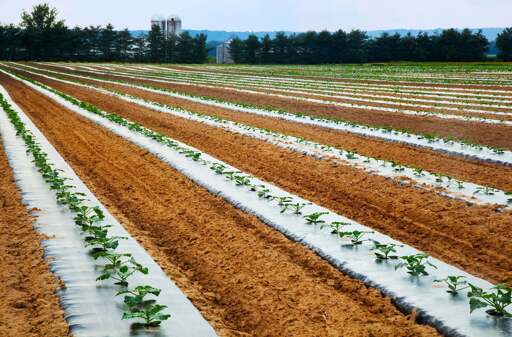Summary
New research reveals microplastics can reduce plants’ photosynthetic ability by 7-12% on average, with variations across terrestrial crops (6-18%), marine plants (2-12%), and freshwater algae (4-14%).
This pollution could cause 4-13.5% yield loss in staple crops over 25 years and decrease seafood production by up to 7% as aquatic ecosystems suffer.
Beyond threatening food security, reduced photosynthesis hampers carbon sequestration efforts critical for climate change.
Researchers estimate that reducing environmental microplastics by just 13% could mitigate photosynthesis loss by 30%.



What’s the mechanism for photosynthesis reduction? It’s not explained in the PNAS article nor the abstract of the original paper, which is a meta-analysis.
Do you mean the Calvin Cycle?
Edit: oof alpha channel moment
From the abstract of the paper OP linked
Yeah but that means what exactly? Plastic deposits on the surface of the plant? Water contamination? Something else?
¯\_(ツ)_/¯
Probably further research needed?
That’s beside my point. They talk about the difference between photosynthesis efficacy with and without MPs, but don’t explain how the MPs affect the process.
You don’t have to explain the process to observe the difference. But it could be useful to understand the process to help figure out ways to mitigate it. I think we’ll have to wait for future research to find that out though.